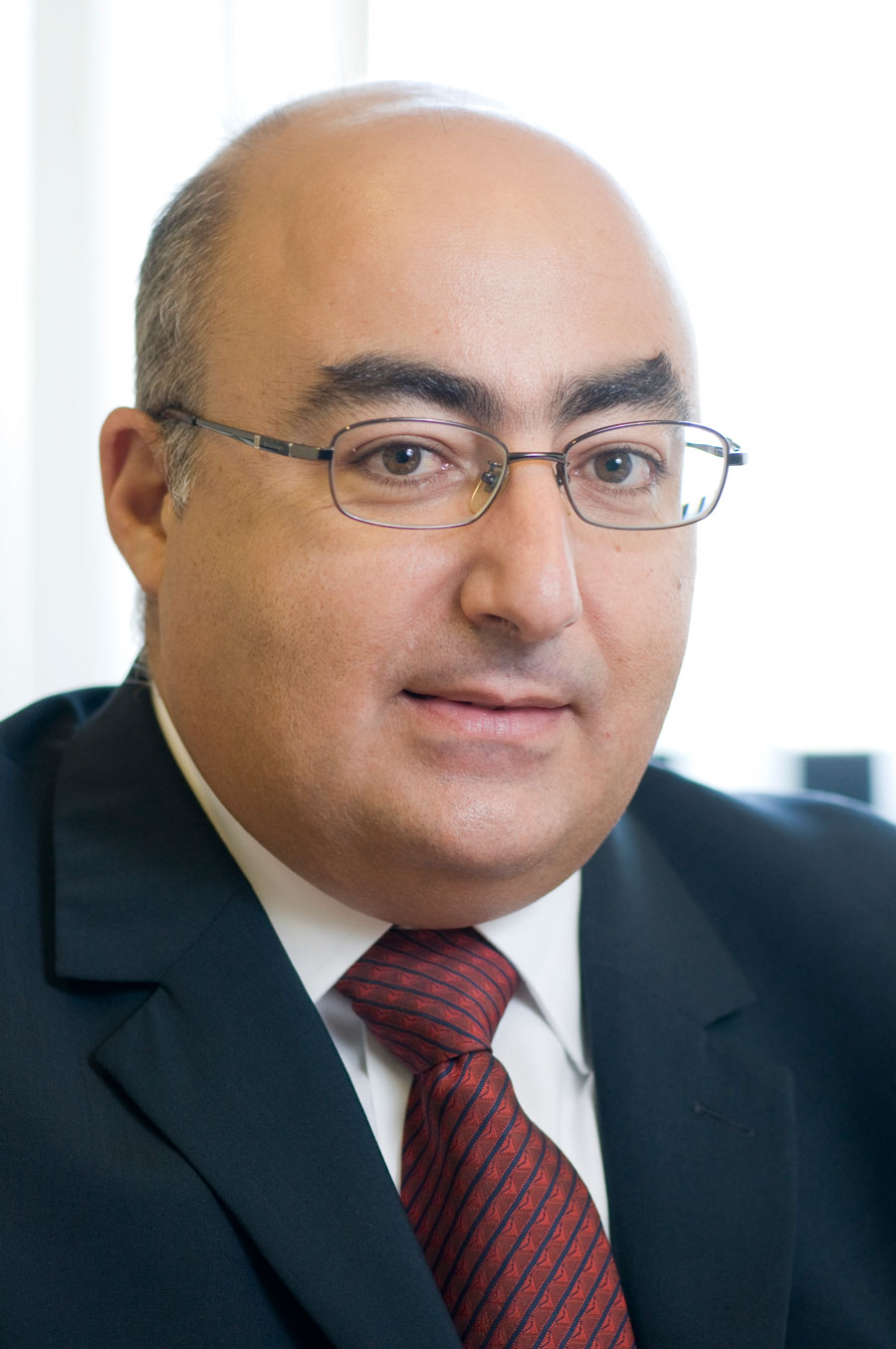Matthew Gatt, eSkills Malta Foundation
To secure adequate growth and quality jobs, Europe needs eLeaders; people who are capable of driving innovation to capitalise on ICT advances. To identify these opportunities requires good eLeadership skills. Such skills enable people to lead their team towards identifying business models and exploiting key opportunities. This makes the best use of ICT that delivers the objectives of organisations.
eLeaders must be both business and ICT savvy. Good eLeadership skills include an ability to guide ICT-related innovation at all business levels, from start-ups to large corporations—private and publicly owned.
The study of eLeadership is a recent discipline. A study published in March 2015 on eLeadership skills for SMEs (http://leadership2015.eu) explains the required skills and competences. This study includes a scoreboard that allows comparisons across EU Member States. Malta ranked ninth place because of a strong policy and initiatives on digital entrepreneurship skills.
Future technologies will be ICT driven. Today’s strong demand for software engineers, information security specialists, enterprise architects, and other specialised disciplines reflect the ICT sector‘s professionalism. A good professional needs comprehensive up-to-date knowledge through a continuous commitment to professional development via qualifications, certifications, work experience, non-formal and/or informal education. Such professionals need an agreed code of ethics while adhering to regulatory practices to deliver value products and services.
As part of the European Union’s e-skills strategy, the European Commission has supported a European Foundational ICT Body of Knowledge (BOK). BOK defines the foundational knowledge needed from ICT professionals.
ELeaders need to adapt leadership skills to the digital age. A good eLeader convinces others that technology is beneficial and understands its benefits. Good eLeadership skills involve empower others.





Comments are closed for this article!